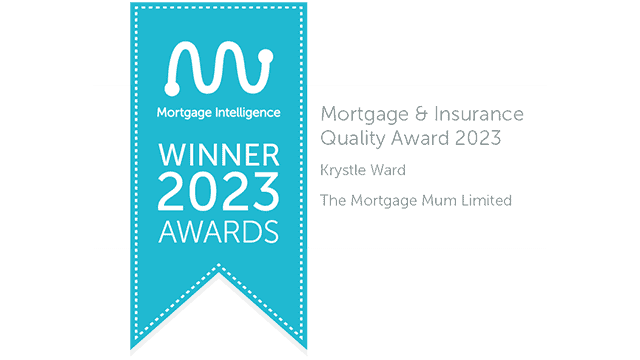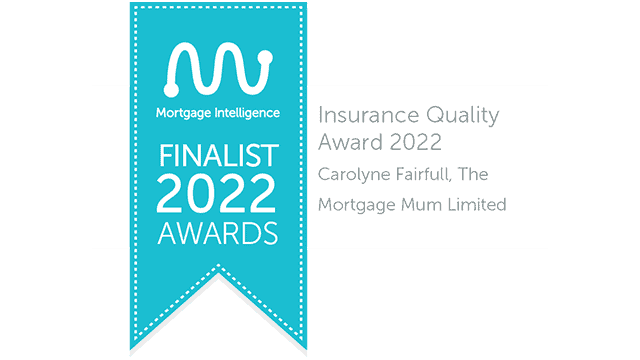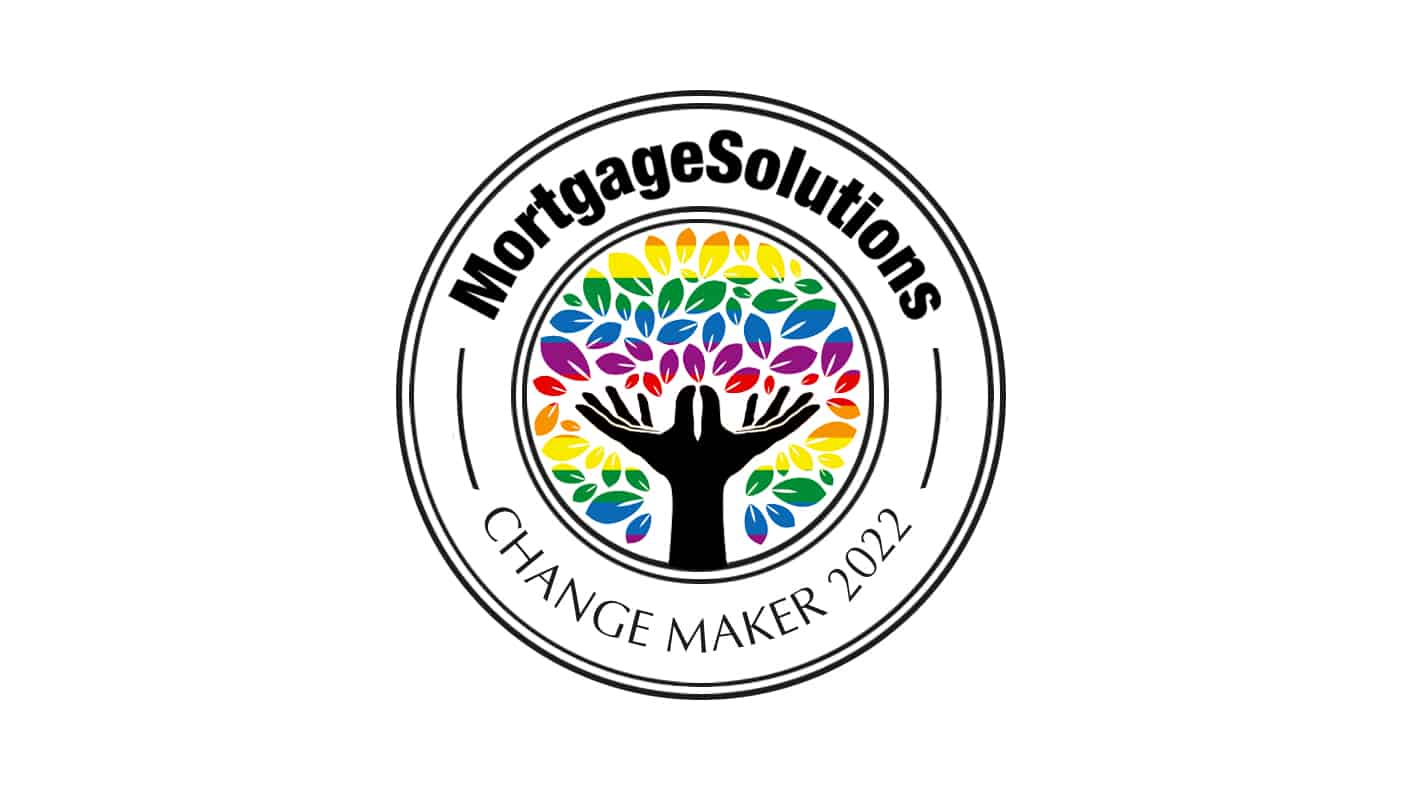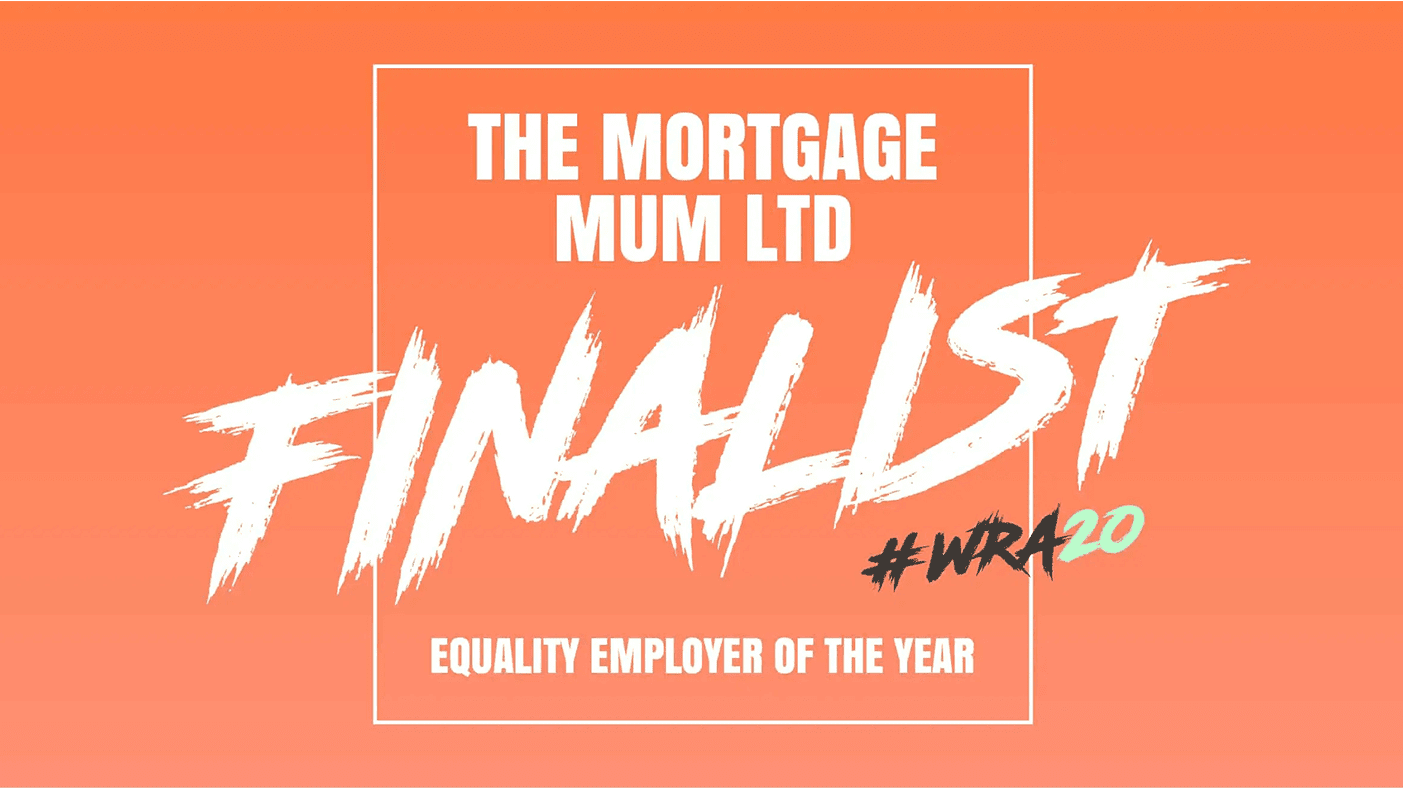After nine years, the Help to Buy scheme is coming to an end. With the application deadline having already passed – the attention for first time buyers now turns to the available alternatives. 361,075 homes were bought with a Help to Buy equity loan between April 1st, 2013, and March 31st, 2022 – a £22.5 billion hole left to be filled by alternative schemes. So, what other schemes are out there and available to help first-time buyers get onto the property ladder?
First Homes Scheme
First launched in June 2021, the First Homes scheme is an initiative involving first-time buyers, key workers and local people. The scheme allows those who fit the criteria to purchase a new build property at a 30-50% discount to the market value. When said buyers eventually decide to sell, that discount is passed onto the next buyer as well to encourage a continuing chain of opportunity for first-time buyers to buy affordable homes.
The scheme is still in its infancy with only a handful of developments currently available. However, with the end of Help to Buy almost upon us – First Homes could see an increase in both availability and popularity as we head into 2023 and beyond.
Shared Ownership
Similarly to Help to Buy, Shared Ownership is a government scheme that allows prospective buyers to purchase a share of a property from a housing association and pay rent on the rest. As long as the share being purchased is between 25% and 75% of a home’s full market value, shared ownership could be a viable option for first-time buyers looking to purchase a home. Proportionate amounts of rent and mortgage repayments relating to the split of the ownership are paid to make the monthly payments manageable. Further shares of the home can be bought later down the line (known as staircasing) which would see the rent decrease as the landlord owns less of the overall property.
Lifetime ISA
On top of the schemes still available to help you buy a home, there are also government initiatives to help you save for one. When saving for a deposit for your first home, using a Lifetime ISA enables you to save £4,000 a year of your own money. The Government then add 25% of whatever you save for that tax year
– meaning you could gain up to £1,000 extra every year. The money must then be used to either buy your first home or to fund your retirement.
Although the Help to Buy scheme is now coming to an end and there are no direct replacements as of yet, there are still initiatives in place to help you get on the ladder. If you’re considering buying your first home, contact your adviser to discuss the options available to you.
If you’d like to discuss the options available to you, contact your adviser today.
Source: Mortgage Intelligence (Published December 2022)
Photo by Andres Ayrton / Pexels

























































